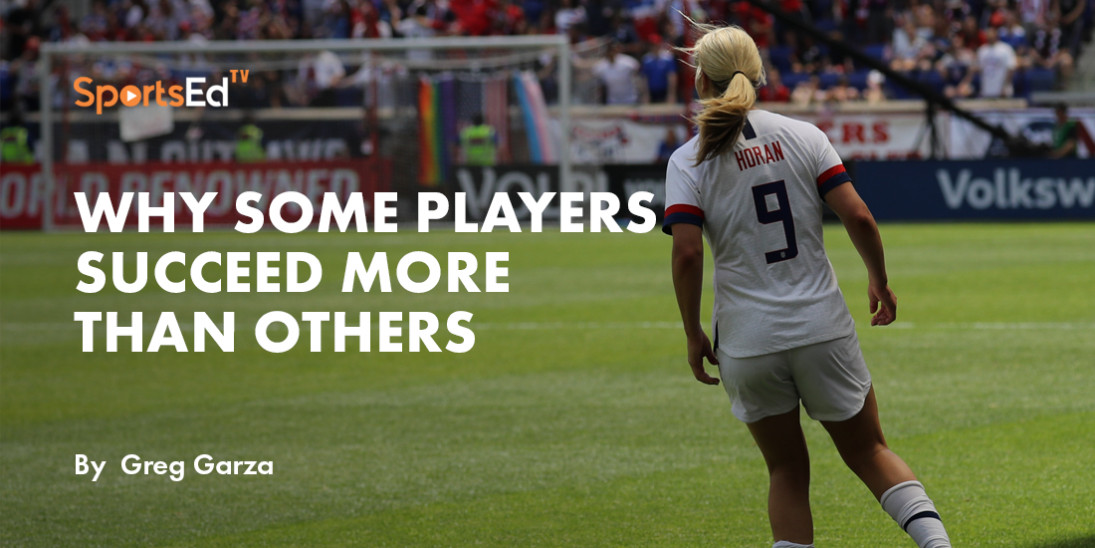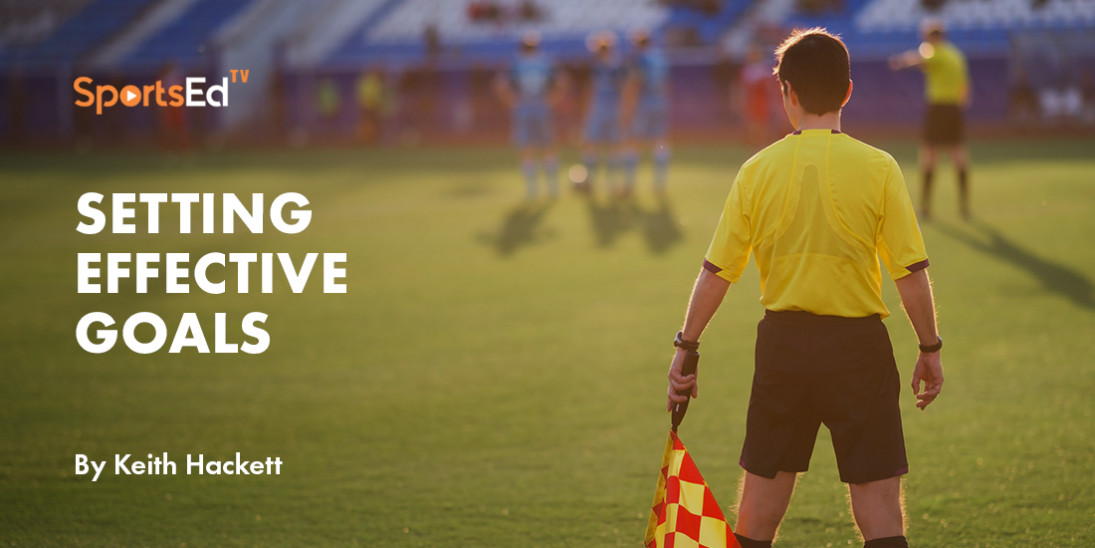Soccer
Welcome and thanks for visiting...

Let's Talk About Parent Sideline Behavior
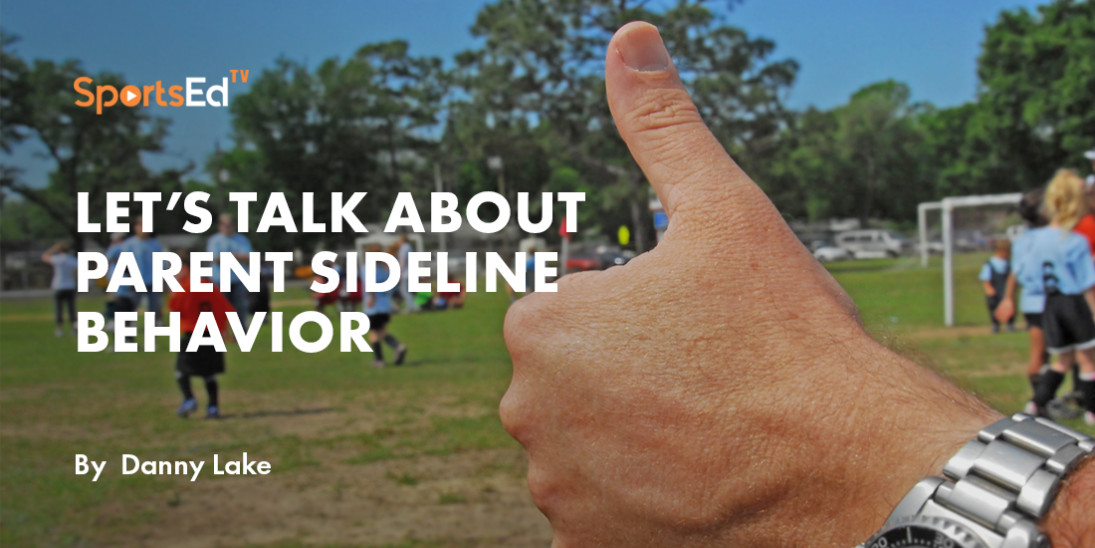
As I grow old, I realize that I missed a glorious opportunity to watch my four children play youth soccer calmly. My game-day behavior resulted in precisely the opposite. I attended every game, but I rarely sat “calmly” on the sidelines. I was, regrettably, a screamer. I joined in with most of the other parents on the sidelines, yelling, fuming, and fretting about the score and about my child’s playtime.
Though my kids played Division 1 college soccer, and one played pro soccer in Europe, I always felt there was room for athletic improvement, which would only happen if they worked harder, faster, and even more dedicated to soccer. I learned that their improvement as athletes and their development as human beings was not a product of my screaming at them on the field during games. I made a mistake.
Once my competitive juices kicked in, I was right there with other like-minded parents, yelling, pacing, and missing the most crucial part of each game—to help create a positive sideline game environment so the youth soccer players could enjoy playing the game and develop a confident, positive attitude to carry into adulthood. The outcome of the game became more important than the players' enjoyment during it.
LESSONS LEARNED, PARENT GAME-DAY MENTALITY
Before you read on, ask yourself, what’s the point of any organized childhood activity?
From a parent’s viewpoint, to have a child learn something new or reinforce something known to help develop a child’s positive attitude, instilling a sense of well-being and security, to promote discipline and happiness.
From a child’s viewpoint, it is to have fun, socialize, and please a parent.
During your child’s game, put yourself in your child’s place, performing in front of family, friends, and adversaries. Your child can’t close an office door and hide, go to a different part of a building, or take a break at the water cooler, which an adult might be able to do during a workday. There is no hiding and no break for your child when on the field playing a game. During a soccer game, children are either paralyzed by parental criticism or invigorated by parental support.
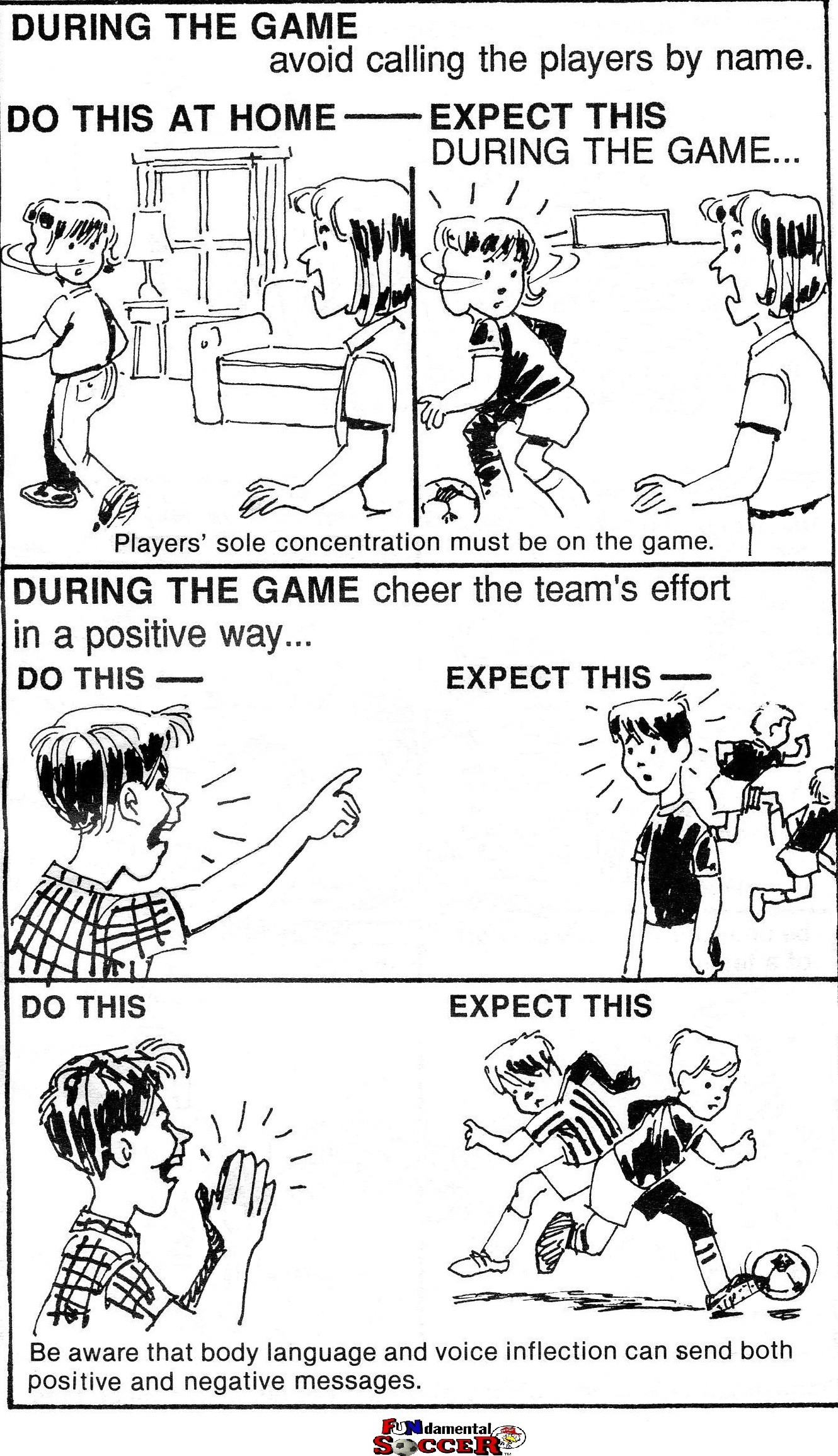
At work, what is the “right” mentality of a good manager? Are you most creative when your manager hovers over you, critical and overbearing? Do you work best in a job environment that promotes and rewards productivity and creativity in a secure, safe environment? I think most people would say yes to this second point, as would your child when performing on the field during a youth soccer game.
Just before the start of your child’s next game, think about the type of influence you want to have on your child during the game. If your comments and conduct during a game are caring and positive, your child will emulate you and enjoy playing soccer. Looking back, I wish I had done so.
Parent sideline behavior during a youth soccer game can be destructive, as noted in the video “Soccer Moms, Dads, and Refs, Yikes!!!” at www.dannylakecomic.com, or positive and constructive to help your child grow while playing sports.
Children grow to adulthood very fast—it seems like the blink of an eye. During a youth soccer game, you have a golden opportunity to influence your child by creating a sideline culture that is destructive and harmful or positive and nurturing. As an adult, your child will remember how you acted during a game, not the score of that game.
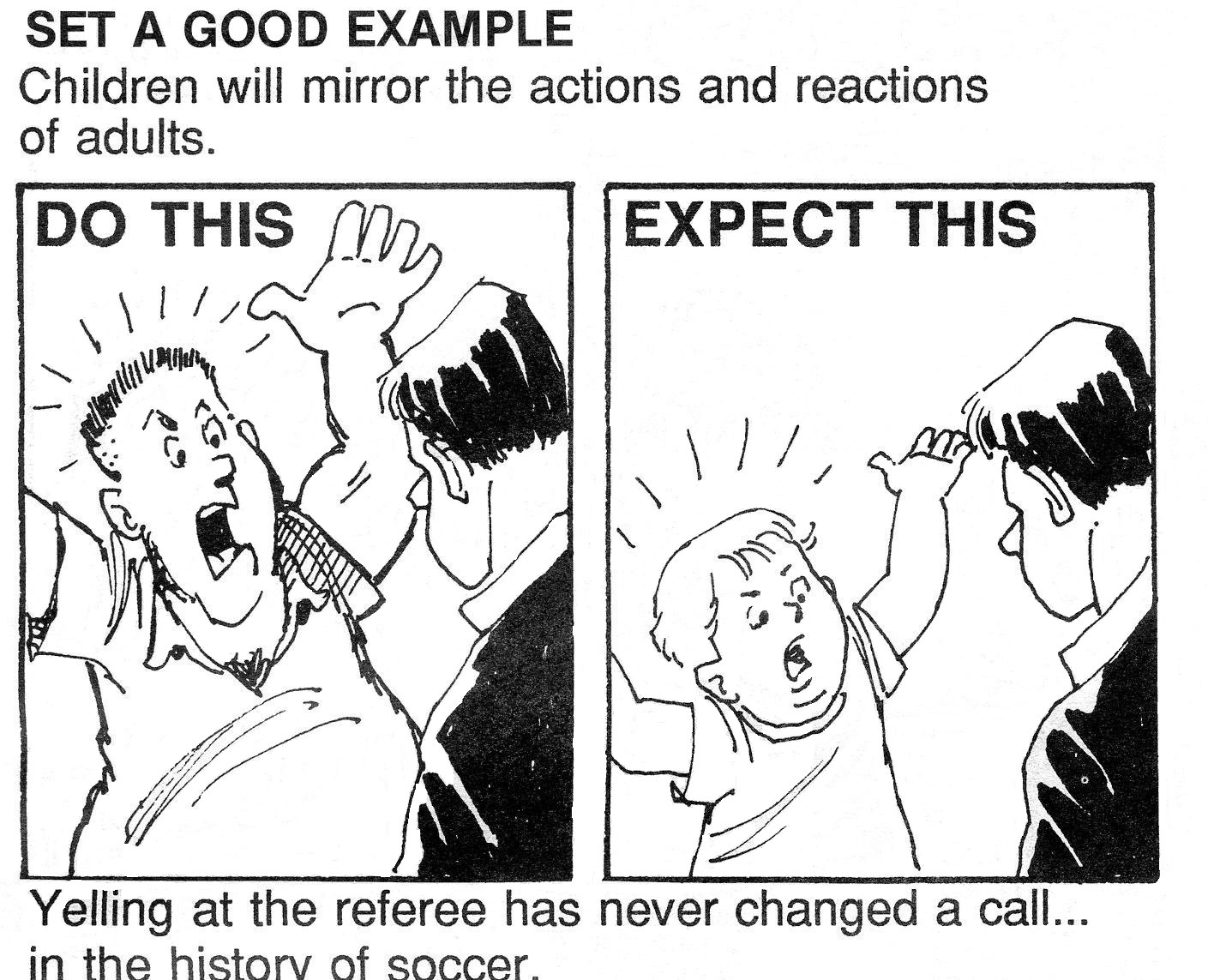
Parallel to my personal situation, unfortunately, the character in the video didn’t realize the destructive nature of sideline conduct until it was too late. I missed a golden opportunity to positively influence my children using sports as a tool. Don’t miss yours.
Danny Lake
Email dannylakecomic@gmail.com





